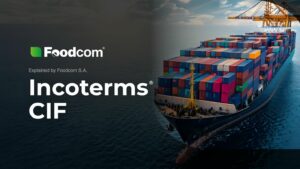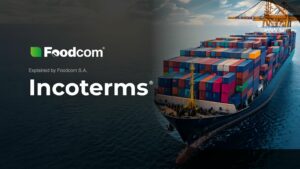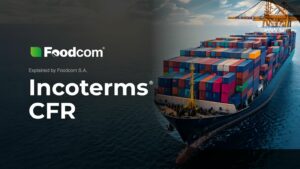FAS – what is it?
FAS, an acronym for “Free Alongside Ship,” is a specific international trade term used in shipping and freight. FAS denotes a contractual agreement where the seller is responsible for delivering the goods alongside the buyer’s vessel at the specified port of shipment. It indicates that the risk of loss or damage to the goods transfers from the seller to the buyer as soon as the goods are placed alongside the ship. Beyond this point, all costs, including loading onto the vessel and further transportation, fall upon the buyer.
Most common questions
1. Why is FAS significant in international trade?
FAS provides clarity in terms of responsibilities and costs between sellers and buyers. By defining a clear point at which the risk transfers, both parties can better manage their logistical arrangements and financial responsibilities, ensuring smoother international transactions.
2. How does FAS differ from other trade terms like FOB or CIF?
While FAS requires the seller to deliver goods alongside the ship, FOB (Free On Board) obligates the seller to load the goods onto the ship. CIF (Cost, Insurance, and Freight), on the other hand, includes the cost of goods, insurance, and freight in the seller’s responsibilities. Each term determines a different allocation of costs, risks, and tasks between the seller and buyer.
3. In which situations is FAS commonly used?
FAS is often preferred for bulk cargo and heavy-lift goods where the loading process might be complex and best overseen by the buyer’s appointed party. Since the buyer controls the loading process under FAS, it’s beneficial in scenarios where specialized handling is required.
4. Are there any potential challenges associated with using FAS?
One potential challenge is the coordination between the seller and the buyer. Since the risk transfers at a specific point alongside the ship, both parties must ensure timely communication and efficient logistics to avoid delays or additional costs. This demands a clear understanding of roles and responsibilities from both the seller and buyer.
5. How does Foodcom S.A. navigate FAS agreements?
Foodcom S.A., with its extensive experience in international trade, has established robust procedures to handle FAS agreements. This includes proactive communication with buyers, rigorous logistical planning, and partnerships with reliable shipping entities to ensure a seamless and efficient process from the initial order to the point of transfer alongside the ship.




